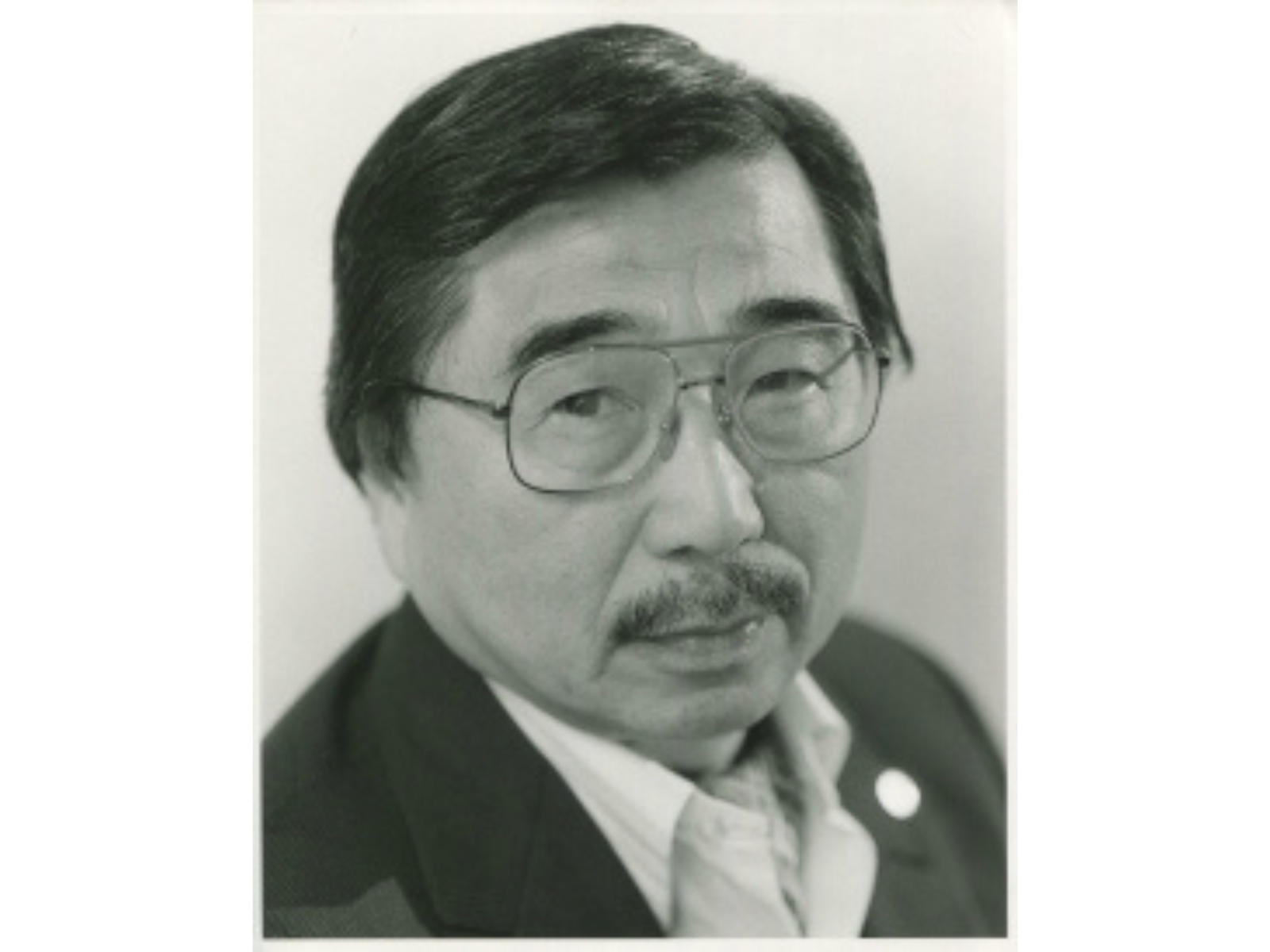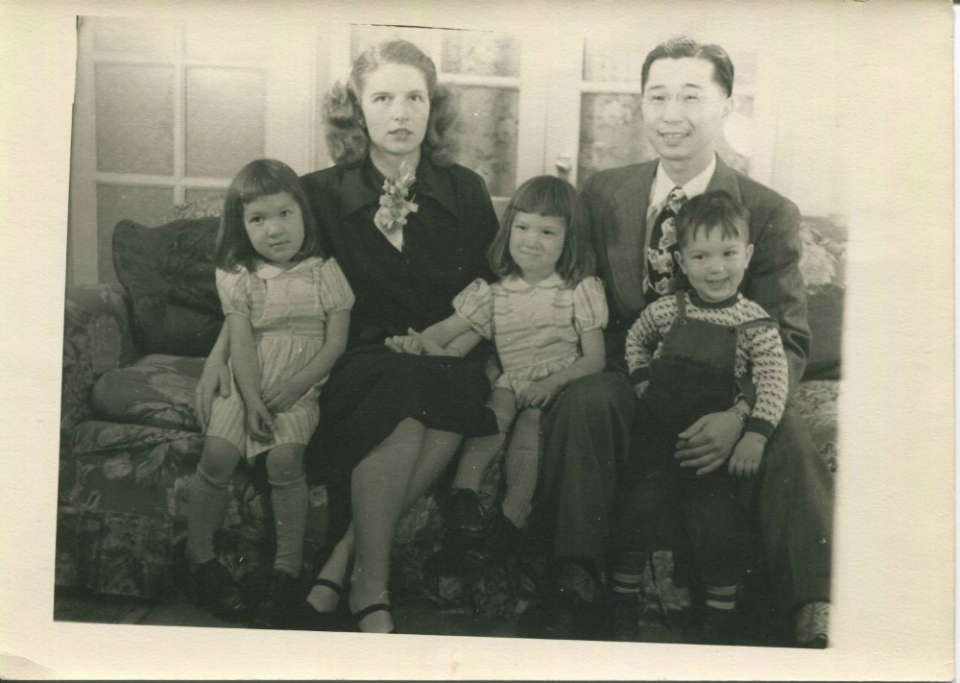
Gordon Hirabayashi Photo: Courtesy Sharon Yuen / AFSC
During World War II—when the United States issued a military decree to intern tens of thousands of Japanese Americans on the U.S. West Coast—Gordon Hirabayashi took a courageous stand. Instead of registering for evacuation to an internment camp, Gordon surrendered himself to the district attorney, submitting a letter that stated:
“If I were to register and cooperate under these circumstances, I would be giving helpless consent to the denial of practically all of the things which give me incentive to live. I must maintain my Christian principles. I consider it my duty to maintain the democratic standards for which this nation lives. Therefore, I must refuse this order of evacuation.” (Read the full letter).
Gordon’s deep convictions made him an outspoken advocate against racism and injustice during one of the most shameful times in U.S. history. He spent over two years in prison for violating exclusion and curfew orders on Japanese-Americans—but he also appealed his case all the way to the U.S. Supreme Court.
Gordon, who was born and raised in Seattle, had become a Quaker in 1941 while attending the University of Washington. He started working with AFSC the same year, helping families manage their affairs before internment.

Gordon and his family in 1949. Photo: Courtesy Sharon Yuen
AFSC helped fund his legal battle, creating the Gordon Hirabayashi Defense Committee and garnering support from Friends, ministers, professors, businessmen, and a state senator. As his case wound its way through the courts, Gordon was released on bail and permitted to go to Spokane, where he again worked with AFSC. There, he helped relocate families once they were released from internment—even cutting the grass for one family before they moved into their new home.
“When my case was before the Supreme Court in 1943, I fully expected that as a citizen the Constitution would protect me. Surprisingly, even though I lost, I did not abandon my beliefs and values,” he is quoted as saying in the book “The Courage of Their Convictions: Sixteen Americans Who Found Their Way to the Supreme Court.”
It wasn’t until September 1987 that a three-judge panel of a federal appeals court in San Francisco unanimously overturned Gordon’s conviction for failing to register for evacuation and for ignoring a curfew. Four decades after his 1942 arrest, his name was finally cleared. In the process, he helped prove that the U.S. had given false reasons for the mass incarceration of Japanese Americans.
“I never look at my case as just my own, or just as a Japanese-American case,” said Gordon. “It is an American case, with principles that affect the fundamental human rights of all Americans.”